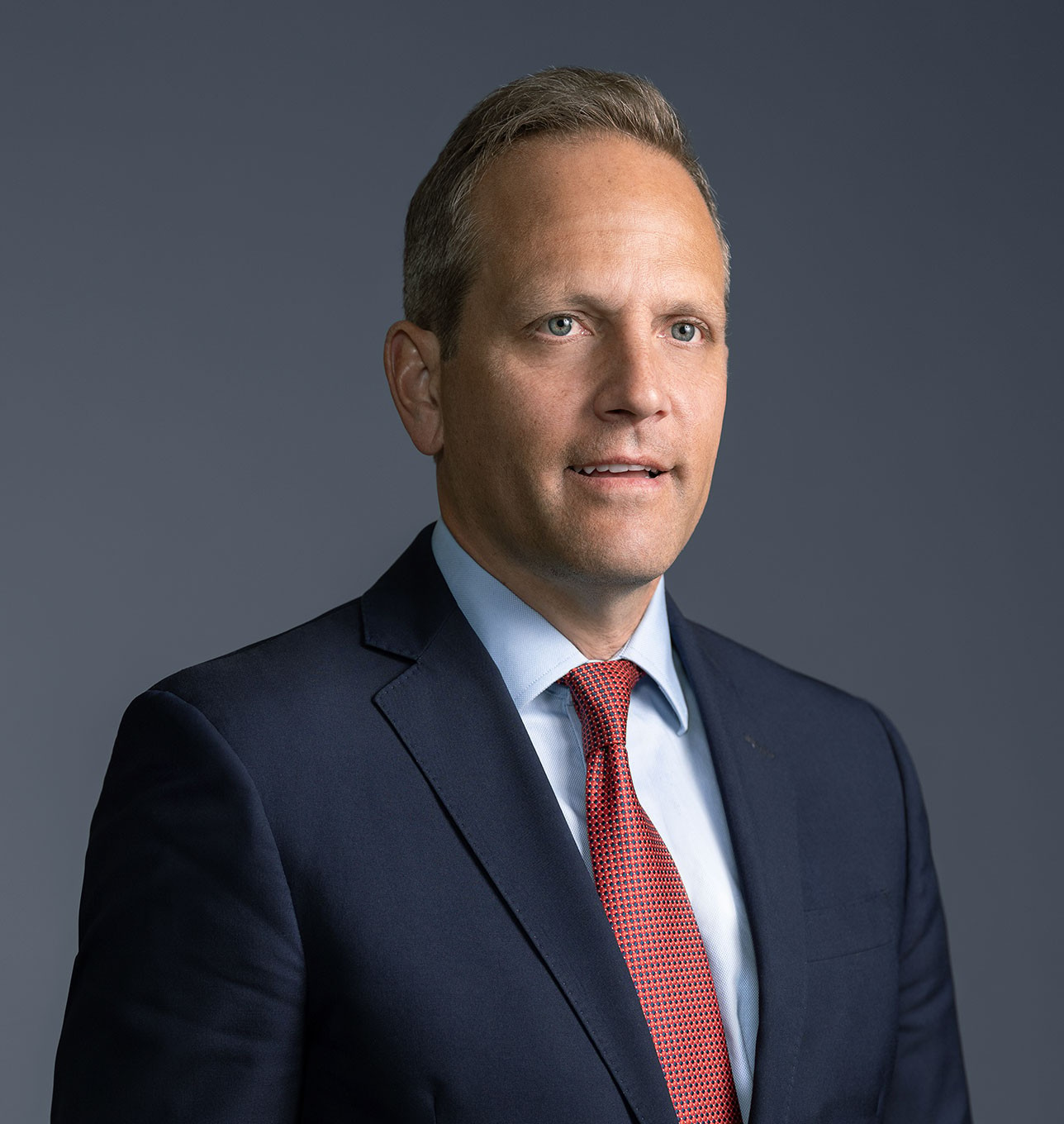US Courts Reject DOJ’s Expansive View of Federal Wire Fraud Statutes
The U.S. Department of Justice recently suffered three significant losses at the US Supreme Court and the First Circuit that will limit its ability to use wire fraud to tackle bribery schemes. In Ciminelli v. United States, the Supreme Court rejected the so-called “right to control” theory of fraud as a basis for liability under the federal wire fraud statute. In Percoco v. United States, the Court reversed a conviction for honest-services fraud and wire fraud for a former government official who was a private party at the time of the alleged crime. Finally, in United States v. Abdelaziz, the First Circuit vacated most of the convictions for two of the “Varsity Blues” parents after determining that the government’s honest-services fraud theory failed because the bribe payments were made to the purported victims and its wire fraud theory was built on the faulty premise that the college admissions slots at issue were property.
Ciminelli v. United States
Background
In 2011, then-Governor of New York Andrew Cuomo launched the aptly-named “Buffalo Billion” initiative, which sought to invest $1 billion in upstate New York development projects. A non-profit named Fort Schuyler Management Corporation was tasked with administering the initiative. Alain Kaloyeros, a Fort Schuyler board member, led the project.
According to prosecutors, Louis Ciminelli, who owned a Buffalo construction firm, worked secretly with Kaloyeros and others to facilitate a scheme to rig the bid process, ensuring that Ciminelli’s company would succeed in its bids for Buffalo Billion projects. Ciminelli’s company ultimately secured a $750 million project in Buffalo.
Federal investigators uncovered this scheme and charged Ciminelli and others under the federal wire fraud statute, which criminalizes “any scheme or artifice to defraud, or for obtaining money or property by means of false or fraudulent pretenses, representations, or promises.” 18 U.S.C. § 1343. To prove its charges, prosecutors relied on the Second Circuit’s “right to control” theory, pursuant to which a defendant may be found guilty of wire fraud if they scheme to deprive a victim of potentially valuable economic information needed to make discretionary economic decisions. In Ciminelli’s case, prosecutors argued he deprived the Fort Schuyler board of the knowledge that he and others worked secretly to rig the bid process.
The district court instructed the jury that it could find Ciminelli guilty under the “right to control” theory. The jury then found him guilty of wire fraud. The Second Circuit affirmed based on its own precedent.
The Court’s Opinion
In an opinion by Justice Thomas, the Supreme Court unanimously reversed the Second Circuit. The Supreme Court reaffirmed its prior holdings that the wire fraud statute protects only property rights. Prior to the Court’s 1987 decision in McNally v. United States, lower courts had erroneously applied fraud statutes to intangible interests, including the purported property right at issue in McNally: an employee’s “honest services.” But the Court in McNally limited the federal fraud statutes’ reach to traditional property rights absent a clear congressional directive to the contrary.
With this principle in mind, the Court concluded that the “right to control” theory exceeded the scope of the federal fraud statutes. It noted that the “right to control” was not understood as a property right when Congress enacted the wire fraud statute. And unlike “honest services,” which Congress added to the federal fraud statutes in the wake of McNally, Congress made no attempt to include the “right to control” to the interests protected by the fraud statutes.
The Court was also concerned with the “right to control” theory’s expansive reach. It stressed that “[b]ecause the theory treats mere information as the protected interest, almost any deceptive act could be criminal.” As a result, it would unduly expand federal jurisdiction to “an almost limitless variety of deceptive actions traditionally left to state contract and tort law.”
Percoco v. United States
Background
Joseph Percoco was a longtime aide of then-Governor Cuomo who served as the Governor’s Executive Deputy Secretary from 2011 until April 2014 to manage Governor Cuomo’s reelection campaign. After the campaign, Percoco returned to his previous role and remained there until 2016. In this role, Percoco had significant influence over the New York executive branch.
While out of government and with the reelection campaign, a real estate developer seeking state funding for a project reached out to Percoco for help in negotiations with the state agency. Specifically, the state agency had demanded that the developer enter into an agreement with local unions before it would grant him the funding. The developer paid Percoco $35,000 for his help in convincing the agency to drop the demand. Ultimately, the agency relented.
The government charged Percoco with conspiracy to commit wire fraud. The district court rejected Percoco’s efforts to seek dismissal on the basis that he did not take any act in furtherance of the conspiracy while he was in government. At trial, the court instructed the jury that Percoco could be found guilty if it concluded he “dominated and controlled” any governmental entity and that government employees actually relied on him based on the “special relationship” he had with the government. The jury found Percoco guilty, and the Second Circuit affirmed.
The Court’s Opinion
The Supreme Court again unanimously reversed the Second Circuit, this time in an opinion by Justice Alito with a concurrence by Justice Gorsuch joined by Justice Thomas. The Court again recounted the history of the federal fraud statutes, noting that it upheld the “honest services” provision in Skilling v. United States but limited its reach to avoid criminalizing all deprivations of the intangible right to honest services.
The Court then turned to the “domination and control” and “special relationship” standard set forth in the lower court’s jury instructions and held it was too vague. This standard, the Court reasoned, failed to provide a sufficiently clear definition. It could sweep in lobbyists, political party officials, and outside political advisors. The Court thus held it to be impermissibly vague.
But the Court rejected Percoco’s argument that a private person could never have the fiduciary duty necessary to be convicted for honest services fraud. The Court warned that private individuals may enter into agreements to become actual agents of the government, which would render them subject to the honest-services fraud provision.
Justice Gorsuch, joined by Justice Thomas, concurred in the judgment. He suggested that the Court should not simply have vacated the conviction based on the instructions. Instead, Justice Gorsuch wrote, the problem was in the honest-services fraud statute itself. He warned that the Court was effectively rewriting the statute each time to avoid its fundamental vagueness problems.
United States v. Abdelaziz
Background
In 2019, the United States unsealed a sprawling indictment originating from Operation “Varsity Blues.” It charged dozens of wealthy parents, including business executives and Hollywood actors, with conspiring with William Singer, the architect of the scheme, and his associates to ensure that their children were admitted to prestigious universities.
Two of the defendants were Gamal Abdelaziz, a former casino executive, and John Wilson, a private equity financier. They had agreed to pay hundreds of thousands of dollars to the universities in question through entities managed by Singer. In exchange, Singer helped ensure that their children would receive admissions spots. None of the payments went to any individual university employee.
The government charged Abdelaziz and Wilson with a variety of offenses, including wire fraud-based honest-services fraud and property fraud. The government alleged that the defendants deprived the universities of the honest services of their employees through the use of bribes and kickbacks. As for the property fraud, the government alleged that the defendants deprived the universities of their admissions spots. Both defendants went to trial, where the jury found them guilty.
The First Circuit’s Opinion
The First Circuit, in an opinion authored by Judge Sandra Lynch and joined by Chief Judge Barron and Judge Kermit Lipez, vacated the defendants’ convictions under the wire fraud statutes.
The First Circuit rejected the government’s “honest services” theory because the purported bribes were paid to the universities—the alleged victims of the scheme—rather than university employees. It conceded that “the question is a close one,” but concluded that the Supreme Court’s formulation of “honest services” fraud did not envision a case “where the alleged bribe was paid directly to the purportedly betrayed party.”
Turning to the property fraud theory, the Court refused to categorically hold that admissions slots either are or are not “property” subject to the federal mail and wire fraud statutes. The government had argued that admissions slots always qualify as property. The court rejected this argument because admissions can come in a wide variety of contexts. According to the court, the government’s theory was too abstract and would therefore criminalize a wide range of conduct. But the court also rejected the defendants’ argument that admissions slots can never be property, reasoning that this position was overly restrictive.
Instead, the Court adopted a middle ground approach based on the facts before it, vacating the defendants’ convictions because the jury instructions categorically stated that admissions slots are the property of the universities even though the record did not support such an instruction. The Court, however, “emphasize[d] the narrowness of [its] holding.”
Takeaways
Ciminelli, Percoco, and Abdelaziz are the latest examples of courts’ hesitance to expand prosecutors’ reach under the federal wire fraud statutes to pursue state and local bribery schemes. These follow the Supreme Court’s 2016 decision in McDonnell v. United States, 579 U.S. 550 (2016), in which the Court held that setting up a meeting, talking to another official, or organizing an event, without more, is insufficient to constitute the “official act” required for a conviction under the bribery statute, along with the Court’s more recent decision in Kelly v. United States, 140 S. Ct. 1565 (2020), which held that the government needed to show that the defendants engaged in deception in order to obtain property to sustain a conviction under the federal fraud statutes. The Supreme Court’s Ciminelli and Percoco decisions both rejected theories that had stood for decades in the Second Circuit: in particular, the “right to control” property rights theory overturned in Ciminelli, and the Second Circuit’s “domination and control” and “special relationship” test applicable to private parties with purported control over state or local government affairs, which the Court overturned in Percoco. The Court did so after concluding that the theories were incompatible with its post-McNally precedents, making clear that prosecutors may only use theories that comport with Skilling and do not unduly expand the reach of federal criminal fraud statutes.
Abdelaziz similarly reflects a rejection of federal prosecutors’ efforts to expand the scope of the wire fraud provisions. The First Circuit refused to endorse an expansive reading of Skilling that did not coincide with traditional conceptions of bribery—specifically, the notion that an honest services conviction could be premised on alleged bribe payments to the purported victim, as opposed to employees or agents of the victim. Consistent with Ciminelli, it also refused to allow the government to define property at such an abstract level that it could be used to deprive individuals of fair notice and risk criminalizing a broad range of conduct Congress never intended to fall under the federal fraud statutes.
This trio of cases reaffirms that prosecutors cannot expand the scope of federal criminal statutes without clear congressional guidance. For convictions to withstand judicial review, the property and honest services theories in question must be consistent with traditional notions of bribery and provide putative defendants with fair notice. Otherwise, federal prosecutors risk expanding the federal fraud statutes to common behavior and encroaching on the states’ ability to govern affairs relating to state and local politics.
But the Percoco and Abdelaziz decisions also do not categorically foreclose federal prosecutors’ use of the fraud statutes when presenting unconventional theories of liability; they instead require prosecutors to present specific evidence before they can advance certain theories. The Percoco Court made clear that a private party could still be convicted of honest services fraud as an agent of the government. And the First Circuit in Abdelaziz refused to categorically rule out admissions slots as a type of property. It instead admonished prosecutors to present more evidence to ensure that the property in question is defined with sufficient particularity and definiteness.






